#phoenician mythology
Explore tagged Tumblr posts
Text


𝓡𝓮𝓽𝓾𝓻𝓷 𝓯𝓻𝓸𝓶 𝓽𝓱𝓮 𝓕𝓲𝓻𝓮
119 notes
·
View notes
Text
Wowzers these people really want the child sacrifice cult to be real.
#Oooooo but maybe 'bull' was actually a mistake for 'child' ooooooo.#... . Why do you want it to be that though?#I know it's because they really want the Bible to be right about this.#Canaanite mythology#phoenician mythology#ugaritic mythology#I really need a better tag system for this subject
14 notes
·
View notes
Text

Kinda meh Ashtart I worked on and off on during school. For the most part I wasn’t able to reference my design for her but I did get it close. I don’t like how the coloured pencil looks here though. Eh
#sketchbook#traditional art#ashtart#astarte#Phoenician mythology#Canaanite mythology#Egyptian mythology#<- isn’t diffusion fun like that????#coloured pencils#artwork#art
12 notes
·
View notes
Text

The Hippocampus was known in various forms to many ancient civilizations. In Ancient Greek myths, they were the mounts of Nereids and gods.
#hippocampus#sea horse#mythical creatures#greek mythology#roman mythology#mythological creatures#phoenician mythology#phoenicians#Etruscan#pictish#magical world#sea magic#sea nymph#alteredai#nereid#poseidon#mythical sea creatures
14 notes
·
View notes
Text



I wish I was the dog.
2 notes
·
View notes
Text








Asherah/Athirat/Elat = Mother goddess, queen of heaven, goddess of fertility, lady of wisdom, goddess of the seas, the creator of the gods together with the god El, queen of the gods, the one who walks on the sea, patron saint of sailors and fishermen
Athirat is a powerful Goddess, and the other Gods often ask Her to help them, or to try to influence her husband El for their good. As guardian of Wisdom, She is the one who chooses the successor of Aleyin (an aspect of Ba'al as the God of dying vegetation) and, after his death, She instructs Anat in the proper ritual necessary to ensure the fertility of the vines.
Like Ashtart, Athirat is associated with the lion. She is usually shown as a nude Goddess with curly hair covering her breasts with her hands. She is also associated with the snake, and an alternative name for Her is Chawat, which in Hebrew translates as "Hawah", or in English "Eve"; so She may well be the root of the biblical Eve. Like the Carthaginian goddess Tanit, whose name means "Serpent Lady", Athirat was represented as a palm tree or pillar with a snake coiled around her, and the name Athirat derives from a root meaning "straight".
Athirat is associated with the Tree of Life, and a famous ivory box lid of Mycenaean finish found at Ugarit, dated 1300 BC, shows it symbolically representing the Tree. She wears an elaborate skirt and jewelry, and although she is topless, her hair is delicately styled; She is smiling and in her hands holds sheaves of wheat, which she offers to a pair of goats.
#history#Asherah#asherah goddess#asherah#Goddess#canaanite religion#canaanite mythology#Phoenician mythology#mythology#biblical#biblical mythology#athirat#Mother#Biblical goddess#pagan#God's wife#El'wife#Wife of god#yahweh#God
90 notes
·
View notes
Text

male head (probably depicts a priest of the Aphrodite cult) | c. 500-401 BCE | cypriot
"The male head from Athienou, near the important Phoenician town of Golgoi, probably depicts a priest of the Aphrodite cult, as witness his rich and brightly colored crown of laurel leaves and berries intertwined with pomegranate buds."
in the museo di scultura antica giovanni barracco collection
47 notes
·
View notes
Text

The Abduction of Europa by Jean-François de Troy
#jean françois de troy#art#europa#zeus#crete#greek mythology#princess#phoenician#tyre#folk tales#folklore#mythology#europe#european#mediterranean#ancient greek#ancient greece#mythological#bull#cretan#gods#classical antiquity#tales#ancient#religion#religious#sea
108 notes
·
View notes
Text
"Listen, I-"
No, because what do you mean the exact same cartoon series that acknowledged Cadmus and Europa to be Phoenicians couldn't make Andromeda dark-skinned?


#“Aktchually Aethiopia is not the same as modern Ethiopia.��� 🤓👆#She would still be either egyptian phoenician or indian. Next Question!#greek mythology#cadmus#europa#andromeda#ramblings
31 notes
·
View notes
Text

Here the man who maybe pissed more gods than Odysseus
How many gods have pissed Tiresias accord his stories:
Athena
Hera
Aphrodite
Apollo
#Tiresias#my art#the odyssey#Oedipus Rex#Antigone#epic the musical#epic tiresias#epic the underworld saga#Phoenician Women#Euripides#The Bacchae#greek myth#greek mythology#my hcs
25 notes
·
View notes
Text

𝓜𝓮𝓵𝓴𝓪𝓻𝓽𝓱 𝓕𝓪𝓵𝓵 𝓐𝓼𝓵𝓮𝓮𝓹
Recently I've been addicted to Phoenician art style,so here is a new character. He is the first king who established the city of Tyre, and was equivalent to "Baal", the patrons of other cities in Canaanian area.
I know that cremation was common in their time, and Melqart was resurrected from the fire, but I saw the sarcophagus of King Hiram by coincidence, so it became like this :D
#my oc art#illustration#Phoenician Mythology#Baal#Melkarth#Melqart#phoenicians#Ancient god but now my oc
56 notes
·
View notes
Text
Okay so I did Demeter and Demophoon/Isis at Byblos with eldritch horror gods.
#A few of these would be actually terrifying#mythology#greek mythology#norse mythology#egyptian mythology#mesopotamian mythology#phoenician mythology#canaanite mythology#ancient egypt stuff#ava has thoughts
8 notes
·
View notes
Text

Altar setup I had going in the woods yesterday. I offered incense and water along with some singing, but it was also just a nice opportunity to be present for a while 💛
#ancient near east#pagan#paganism#semitic pagan#semitic paganism#ancient levant#baal#Asherah#Altar#Canaan#Canaanite#canaanite pagan#canaanite paganism#canaanite polytheism#Polytheism#Polytheist#Hadad#baal hadad#ugaritic mythology#Ugarit#Ugaritic#Phoenician#Phoenicia#spirituality#Religion#Faith#bronze age#Löwenmensch#Spiritual#ancient religion
7 notes
·
View notes
Text

Beelzebub was just a massive copycatting diss that eventually outshined the original!😄
🪰🪰🪰🪰🪰🪰🪰🪰👑🪰🪰🪰🪰🪰🪰🪰🪰
#history#beelzebub#helluva boss#old testament#demon#palestinian history#baal#hebrew#seven deadly sins#gluttony#christian history#demonology#lord of the flies#helluva boss beelzebub#vivzipop#helluvaverse#sin of gluttony#phoenician#mythology#jewish history#satan#philistines#abrahamic religions#kingdom of israel#ancient history#name origins#nickys facts
11 notes
·
View notes
Text
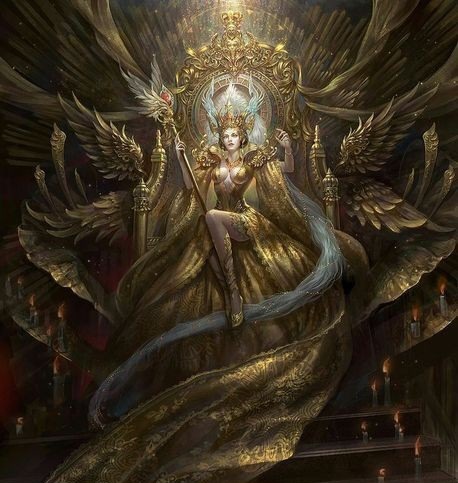
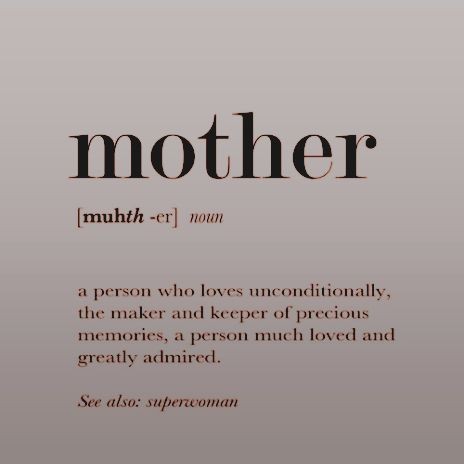

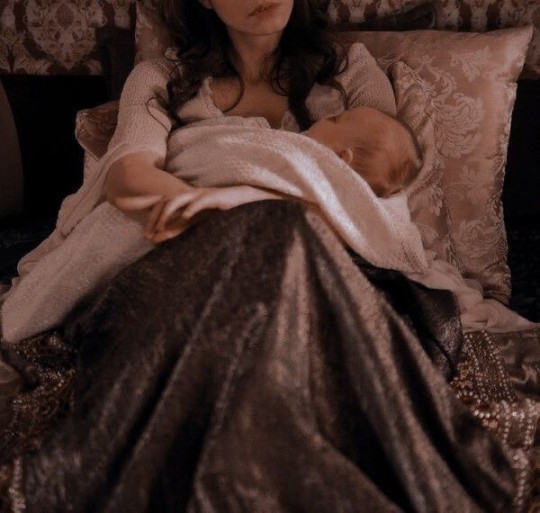


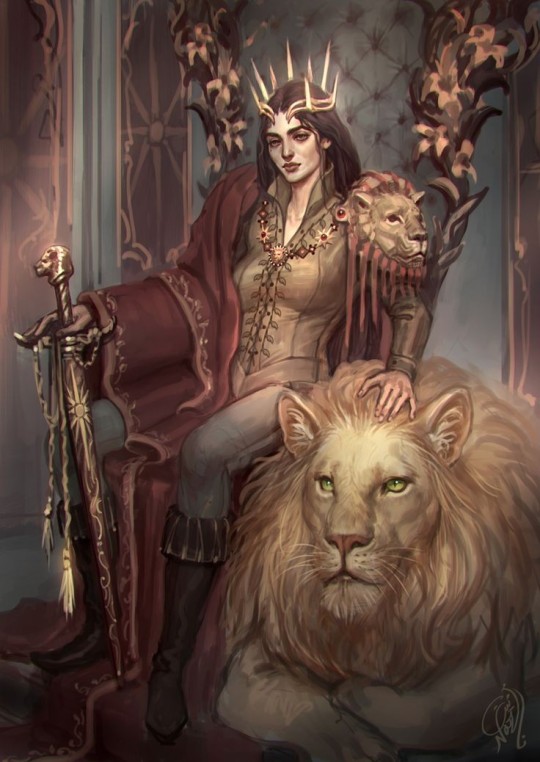
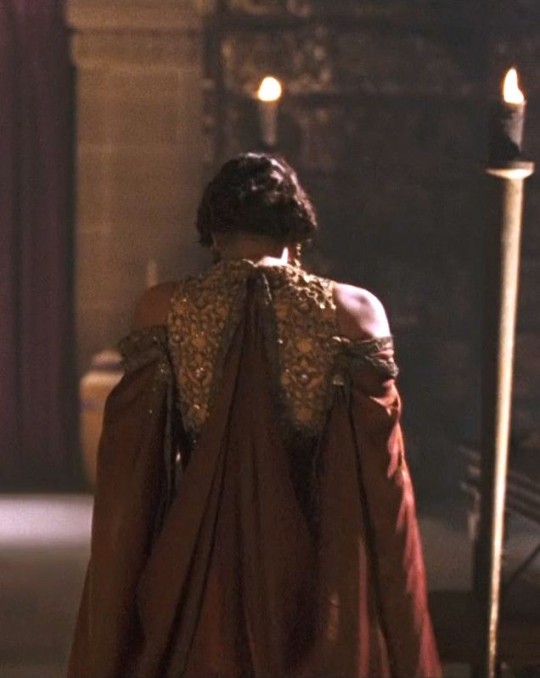
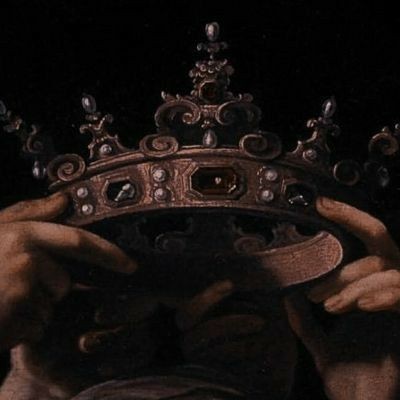

The book of Jeremiah, written around 628 BC, refers to Asherah when it mentions the "Queen of Heaven" in chapters 7:18 "the children gathered the wood, and the parents kindled the fire, and the women prepared the dough, to make cakes to the Queen of Heaven, and offer libations to other gods, to provoke me to anger" and 44:22 "So that the LORD could no longer bear the evil of your deeds/, the abominations that you committed Therefore your land became a wilderness, a terror and a curse, without inhabitants, as it is today." (could also be about Astarte or Ishtar)
The mother of the 70 or 77 gods (also 80 or more), possibly the Shekinah, creator of the gods and represented royalty
#history#Asherah#goddess asherah#asherah#Asherah goddess#Athirat#Ashtart#goddess mother#Mother#Goddess of nature#Nature#canaanite mythology#phoenician goddess#Phoenician mythology#my favorite#mythology#Canaanite goddess
51 notes
·
View notes
Text









women of myth & folklore [1/?] ↣ asherah, queen of the heavens (canaanite/phoenician myth)
you are boundless, there is nothing you can't do
#asherah#canaanite mythology#phoenician mythology#mythedit#mythologyedit#canaanitemythedit#phoenicianmythedit#women of myth and folklore#womaf#mythedit*#mythologyedit*#gif#gif*#mine
128 notes
·
View notes